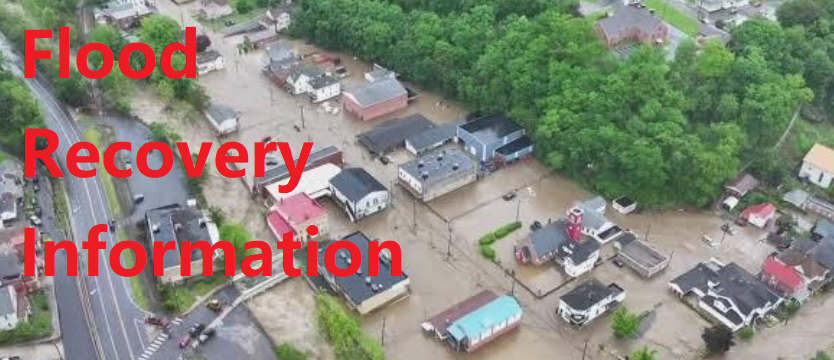August 16th, 2025 by WCBC Radio
Forecasters at NOAA’s National Weather Service say conditions still favor above-normal activity as the Atlantic hurricane season enters its historical peak. The season runs from June 1 to November 30, but activity has historically spiked from mid-August through mid-October.
Most hurricane-related damage tends to occur along the coast, but last year’s storms were a strong reminder that powerful winds and severe flooding can devestate businesses, destroy homes and disrupt lives hundreds of miles inland. While there’s time, review your business’s disaster plan to ensure it’s up to date. If your small business doesn’t have a disaster plan, now’s the time to create one:
• Understand the risks. Is your business located in a flood zone? Are tornadoes, hailstorms, earthquakes, or wildfires potential threats? Identify the most likely hazards in your area and take steps to reduce your vulnerability.
• Ensure adequate insurance coverage. You’ll need enough insurance to rebuild your business if necessary. Review your policies to understand what is and isn’t covered. Consider business interruption insurance, which helps cover operating costs during a shutdown. Flood insurance is also strongly recommended, as most standard policies don’t cover flood damage.
• Document your assets. Take photos and videos of your building, equipment, inventory, and other important assets. Store copies online or in waterproof, fireproof containers kept in a secure off-site location, such as a relative’s or colleague’s home in another state.
• Have a business continuity plan. Identify critical operations and resources needed to stay open or resume work quickly after a disaster. Consider remote work capabilities and alternate workspaces.
• Have an emergency response plan. Identify evacuation routes, establish meeting locations, and keep emergency phone numbers accessible to employees and family members.
• Create a communications plan. Designate a point person to relay updates to employees, customers, and vendors. Because local phone and internet service may be down after a disaster, identify an out-of-state contact to serve as a central hub for communication.
• Back up business records. Make copies of critical documents such as tax records, contracts, and employee information. Store paper copies in a fireproof safe and back up digital records to a secure cloud platform.
• Build a disaster kit. Stock it with a flashlight, portable radio, batteries, first-aid supplies, non-perishable food, bottled water, a basic tool kit, plastic sheeting, and garbage bags. Keep it in an accessible location. Encourage your employees to assemble similar kits for their homes.

















